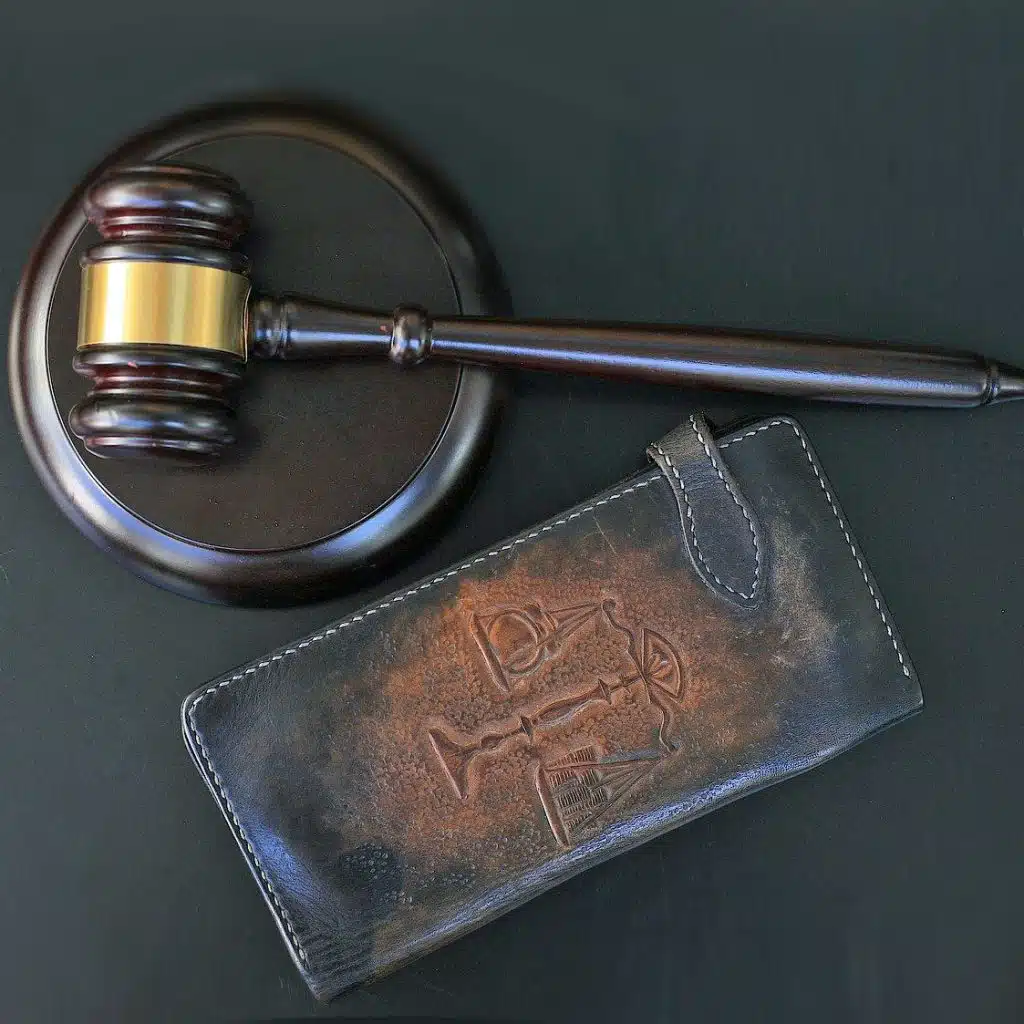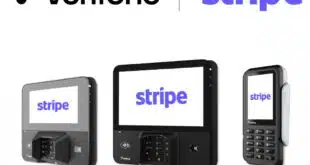United States District Court Judge Virginia Kendell granted a preliminary injunction late Friday that provides banks some relief from the pending Illinois Interchange Fee Prohibition Act, but also gives merchants reason to cheer.
Kendell, who is overseeing a lawsuit filed against the IIFPA, ruled the injunction applies only to financial institutions regulated by the National Bank Act and Homeowners Credit Loan Act, not issuers with Illinois state banking charters, nor the Visa and Mastercard networks. The latter part of her opinion is why merchant organizations are claiming victory.
Kendell’s ruling sent attorneys for plaintiffs and defendants scrambling to analyze the potential impact of the injunction on the payments industry, should the ruling stand.

The court will hear additional arguments Jan. 15 for extending the injunction to cover federally chartered credit unions and other entities likely to be adversely affected by the IIFPA. The IIFPA exempts Illinois merchants from paying interchange on sales tax and gratuities levied on credit and debit card transactions.
While plaintiffs in the case “welcomed” the partial relief the injunction provided for “national banks and federal savings associations,” they were quick to note the injunction left other parties that will be affected by the law seeking relief.
“We look forward to answering the judge’s questions to ensure that this relief applies to all financial institutions involved in the Illinois payment system, so the customers they serve will also be protected from the harm [the] IFPA will cause if it is allowed to move forward,” say the American Bankers Association, Illinois Bankers Association, America’s Credit Unions, and the Illinois Credit Union League in a statement.
On the flipside, organizations representing merchants called the decision a win, as the injunction does not cover the Visa and Mastercard networks.
“We’re heartened by today’s ruling, as the judge clearly states credit card networks like Visa and Mastercard must comply with this law, which will provide tangible relief to Illinois families and retailers by limiting the fees that can be charged on the tax and tips portion of transactions,” Rob Karr, president and chief executive of the Illinois Retail Merchants Association, which lobbied for passage of the IIFPA, says in a statement.
Nationally, merchant organizations are confident Visa Inc. and Mastercard Inc., which set interchange fees, will have to comply with the law.
“The law will go forward with respect to Visa and Mastercard,” says Doug Kantor, general counsel for the National Association of Convenience Stores, which earlier this year petitioned the court to join the IIFPA lawsuit as a defendant. “There will be another hearing and maybe some appeals, but for now it is clear Visa and Mastercard, which set interchange rates, will have to comply with the law,” when it goes into effect next July.
Kantor argues that, once the law takes effect, the card networks will need to have processes in place that exempt from interchange sales tax and tips for any card purchases made in Illinois.
Opponents of the IIFPA counter that argument is flawed because, as networks, Visa and Mastercard do not collect interchange, acquirers do. IIFPA opponents also argue that if the injunction stands and the law goes into effect, it will create a two-tiered system in which processors will have to exempt interchange for state-chartered banks on sales tax and tips, but not for nationally chartered banks.
Such a system would also put state-charted banks at a financial disadvantage, as they would not be able to collect interchange revenue on sales tax and tips, while nationally chartered banks operating in the state can, opponents argue.
“Applying the law to parts of the interconnected payment system and not others would create political and practical problems” says Scott Talbott, executive vice president for the Electronic Transactions Association. “The ruling is a clear indication that the underlying law is so problematic that its needs to be scrapped.”
While some Illinois legislators have floated the idea of tweaking the IIFPA to make it more palatable to card issuers, the Illinois Bankers Association has stated its preference is that the law be overturned, as it would create too much disruption in payments in Illinois.





